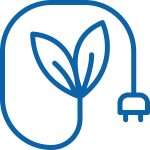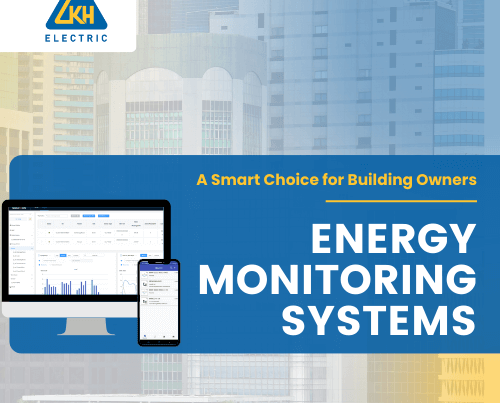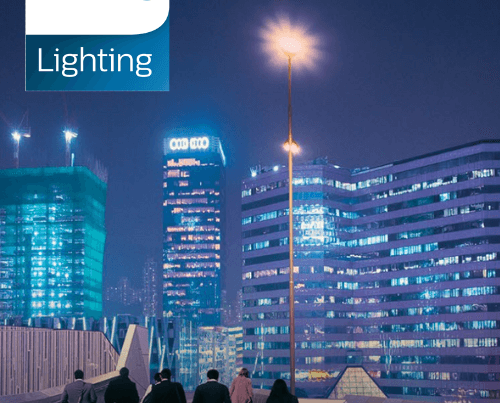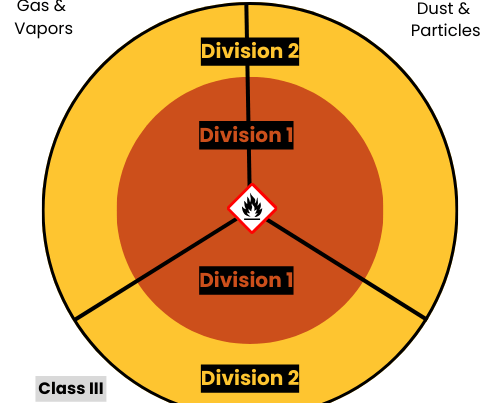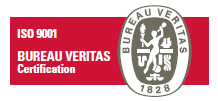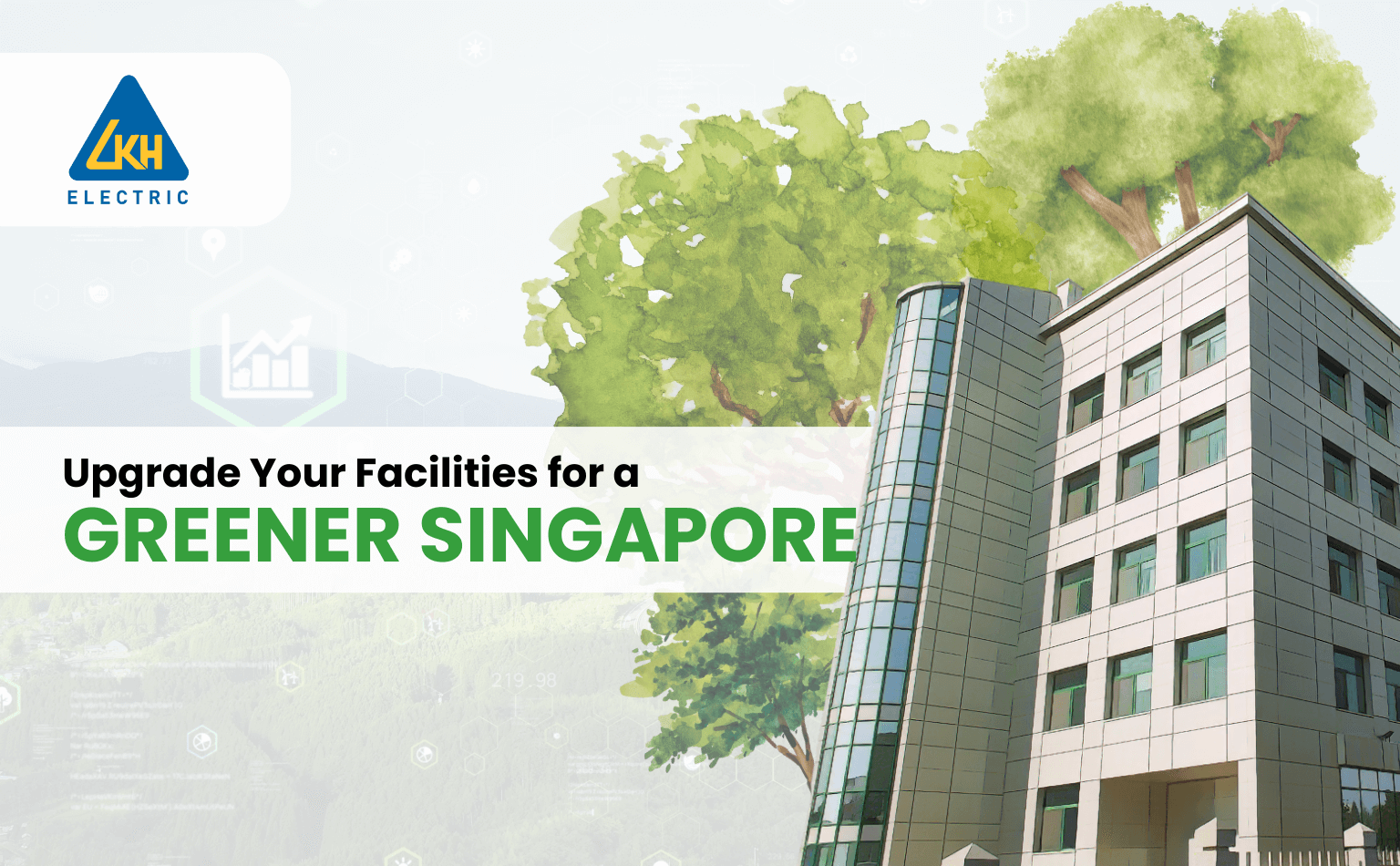
Upgrade Your Facilities
Singapore’s Green Plan 2030 is shaping the future of businesses to become more eco-friendly by focusing on sustainability, saving energy, and cutting down on carbon emissions. Companies that start upgrading their facilities now can save money, work more efficiently, and stand out in the market, while those that wait might face fines and lose business opportunities.
Why Now?
01
02
03
04
05
01. Stay on the Right Side of Regulations
Rising Carbon Taxes
Mandatory Sustainability Reporting
Green Building Standards
Avoid Fines & Legal Hassles
Actionable Steps →
Start with an energy audit to understand your company’s carbon footprint and energy consumption.
02. Saving Money & Energy
Lower Energy Bills
Mandatory Sustainability Reporting
Avoid Rising Energy Costs
Actionable Steps →
Getting started with tools like Energy Monitoring Systems (EMONS) to track energy use. From here, discover how to save energy and invest in smart lighting or HVAC solutions to reduce energy consumption.
03.Competitive Edge & Brand Reputation
Meeting Stakeholder Expectations
Customer & Brand Loyalty
Global Market Access
Actionable Steps →
Work towards obtaining green certifications (BCA Green Mark, ISO 14001, Eco-Office Label) to stand out in the market.
04. Access to Green Financing & Incentives
Tax Benefits & Rebates
Government Grants & Incentive
- Energy Efficiency Fund (E2F) – This helps companies install energy-saving equipment.
- Enterprise Sustainability Programme (ESP) – Supports SMEs in implementing green business models.
- BCA Green Mark Incentives – Encourages sustainable building upgrades.
Actionable Steps →
Apply for government grants and green financing options to reduce upfront costs for sustainability upgrades.
05. Future-Proofing Against Market Shifts
Meeting Global Emission Targets
Workforce & Talent Attraction
Resilience Against Climate Risks
Actionable Steps →
Develop a long-term sustainability plan to keep your business ahead of future regulations and market shifts.
Final Thoughts
Upgrading for the Singapore Green Plan 2030 is no longer optional, it’s a smart business move. Early adopters will save money, enhance their reputation, attract investors, and beat competitors in the market.
Would you like recommendations on:
- Energy monitoring solutions?
- Green certifications & compliance?
- Government grants & financing options?
Questions? We’re Happy to Help
Submit an inquiry and one of our lighting specialists will get back to you.

